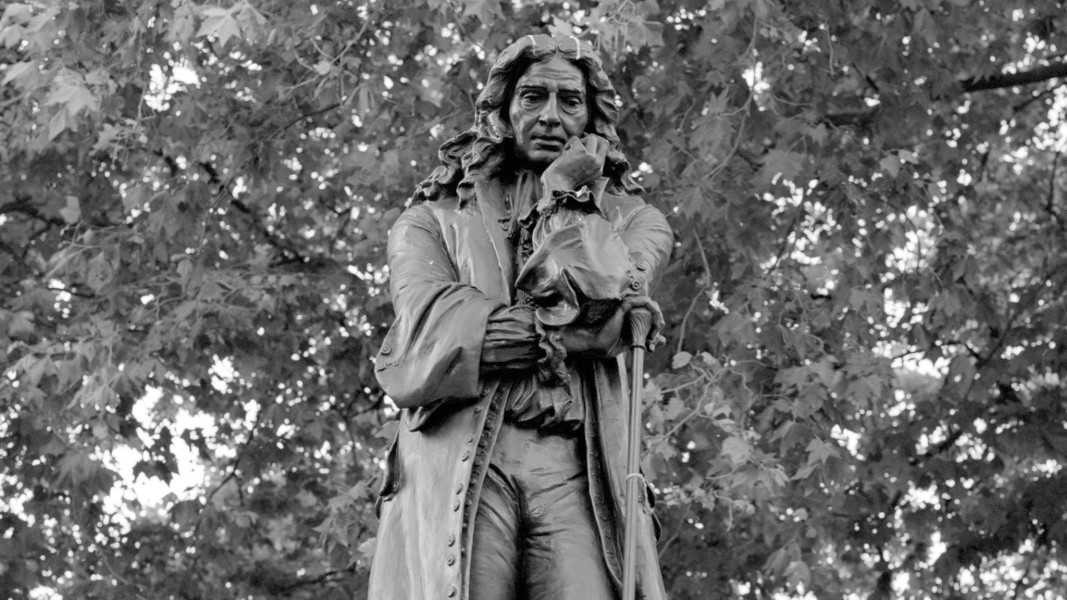Who Was Edward Colston?
Posted on June 8, 2020
Born in Bristol in 1636, Colston was an entrepreneur. As his fortune amassed, he gave handsome sums to churches, schools and other good causes and charities. However, Colston’s fortune was made from exploiting roughly 100,000 West Africans. Men, women, and children were taken and thrown on to slave ships heading across the Atlantic.
His statue, until yesterday, represented him as an honourable philanthropist who built Bristol. That is over 200 years after the final West African was taken from their family to be chained and beaten. For identification purposes, Colston’s initials were branded into the chest.
Business Activity
In business, Colston was a partner in the Royal African Company, which held a monopoly on slave trading. From 1672 onwards he had his own empire. He traded in cloth, wine, sugar, and of course, African slaves, who, if fit, were worth about £25:00 each. He had roughly 40 slave ships.
The Royal African Company built forts and holding pens for slaves that were bought from African chiefs. The currency they were bought with came in the form of cloth, guns, gunpowder, brassware, and iron
Most of Colston’s work was carried out between 1672 and 1689, with around 100,000 slaves transported. You won’t be surprised to hear that their journey was not a pleasant one.To maximise profit, ships split their hulls into crushing holds to take as many folks as possible.
Treatment of Slaves
The slaves were stripped and chained with the women and children separated (often to be sexually and physically abused). Of the many ailments available on the ships, passengers could indulge in dehydration, dysentery, smallpox, and scurvy. Death rates came in at around 20 per cent. The slaves who died were tossed overboard along with those who refused to eat.
Of those who somehow ‘successfully’ made the crossing, 35% of them were dead within three years of arriving in the New World. Death must have been greeted with blessed relief after being flogged, chained, and starved into malnutrition whilst working on cotton and sugar plantations.
It goes without question that Colston’s empire was one of the most barbaric phases of human history. We remember the hideous genocide in 1930’s Germany with absolute horror, yet until yesterday, a statue of evil stood high over a Bristol street.
Defending his Character
Defending his character by listing his charity donations is nothing other than preposterous. Do we defend Jimmy Savile for abusing vulnerable children because of the lovely work he did for charity? Are various populist dictators of the 20th Century admired for creating full employment and motorways? The answer is no, of course not.
I am glad to have learnt more about Colston in the last 24 hours. I knew a little about him and I knew Bristol, Glasgow and Liverpool were built on slave trade. However, I must, in general, confess to previous ignorance towards slavery. That means these protests have been good for me and hopefully for many others who would prefer to be going forward on the road to enlightenment, not reversing back down it.
There are a couple of questions I have asked myself today. They are as follows:
1/ Do I care about a statue of a slave trader being thrown into a river?
2/ Would I like to walk past a grand statue of a man who had enslaved and tortured my ancestors?
I can happily say no to both questions.
What Now?
Bristol and other cities would have to be raised to the ground to rid them of the ghosts of slavery and realistically, that can’t happen. So, with that in mind, surely the best thing to do is remove the statues and the street names, the schools, and buildings, named after traders.
Rather than destroying them, there could be a slavery museum explaining the true history of slave traders and how they changed the world via human exploitation. It would be a fantastic healing process and set us on a better path to equal rights that lead, ultimately, to a safer world. The Bristol Police and the City Mayor must be applauded by seeing this logic too.
This is a fantastic opportunity to understand the feelings of others and take a huge leap forward in our human development.
Will we take it?

Norman House
June 10, 2020 (8:00 am)
Spot on, Bob